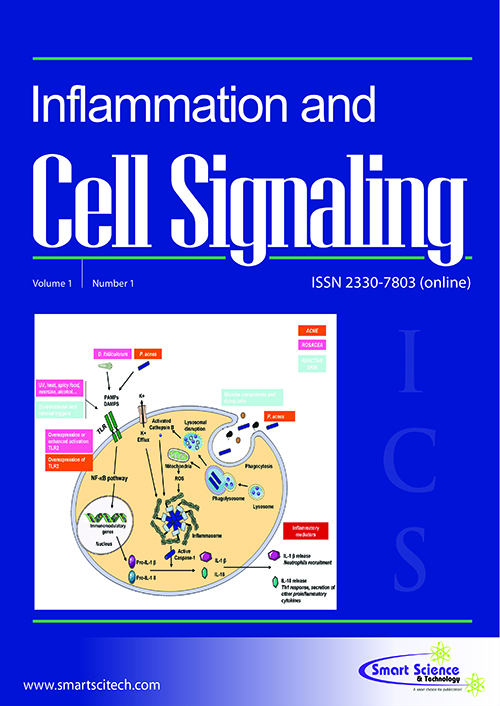RNA N6-Adenosine Methylation (m6A) Steers Epitranscriptomic Control of Herpesvirus Replication
DOI: 10.14800/ics.1604
Abstract
Latency is a hallmark of all herpesviruses, during which the viral genomes are silenced through DNA methylation and suppressive histone modifications. When latent herpesviruses reactivate to undergo productive lytic replication, the suppressive epigenetic marks are replaced with active ones to allow for transcription of viral genes. Interestingly, by using Kaposi’s sarcoma-associated herpesvirus (KSHV) as a model, we recently demonstrated that the newly transcribed viral RNAs are also subjected to post-transcriptional N6-adenosine methylation (m6A). Blockade of this post-transcriptional event abolishes viral protein expression and halts virion production. We found that m6A modification controls RNA splicing, stability, and protein translation to regulate viral lytic gene expression and replication. Thus, our finding for the first time reveals a critical role of this epitranscriptomic mechanism in the control of herpesviral replication, which shall shed lights on development of novel strategies for the control of herpesviral infection.














